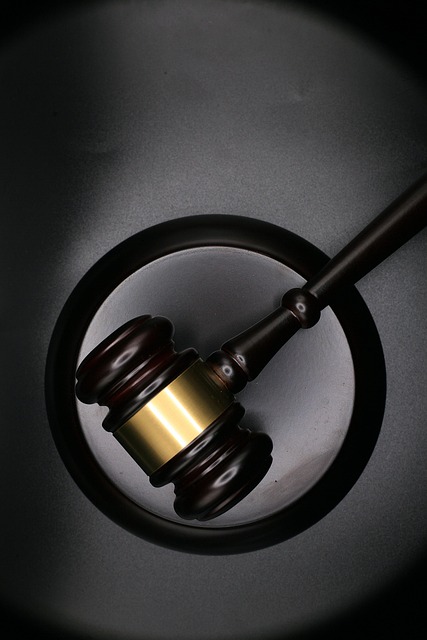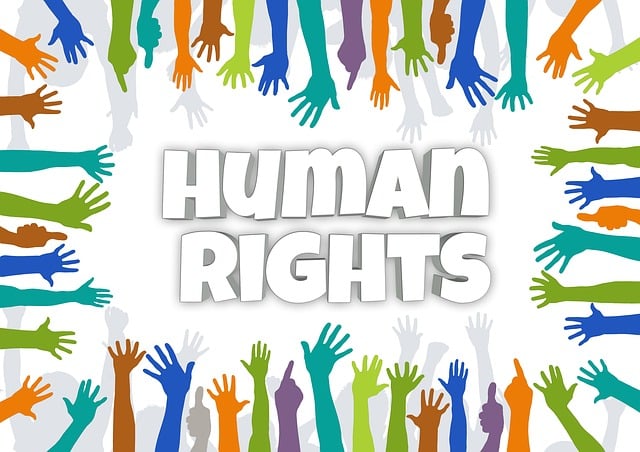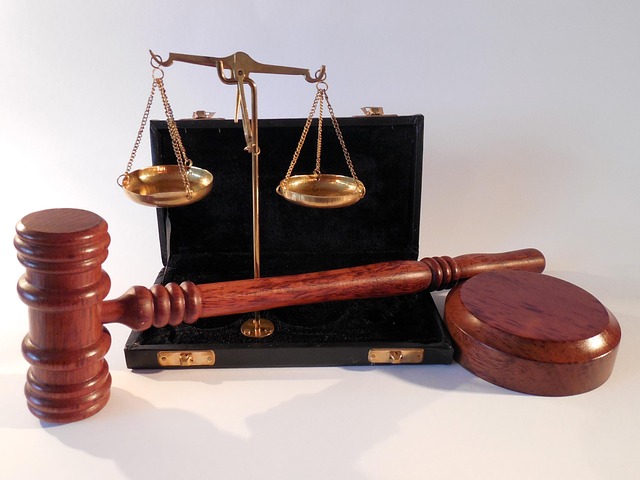Class action lawsuits empower individuals to collectively fight against large corporations responsible for widespread harm, offering better access to legal resources and efficient accountability. To file a successful claim, identify a large group of affected individuals with shared injuries from common events or practices, determine a unifying legal theory, assemble diverse plaintiffs, and consult a skilled attorney. Defendants often dispute class eligibility, so robust evidence and complex litigation experience are crucial. Notable cases have emerged as powerful tools for justice, providing substantial monetary compensation and setting legal precedents. Understanding the process is key to filing a successful class action lawsuit claim.
“Uncover the power of collective action through class action lawsuits in criminal law. This comprehensive guide explores when and why these cases are filed, offering a step-by-step process for aspiring litigators. Learn about the strategic defenses employed by adversaries and be inspired by real-world examples, where criminal cases originated as class actions. Discover the impact of these suits, gaining insights into how to navigate and ultimately succeed in filing a powerful Class Action Lawsuit Claim.”
- Understanding Class Action Lawsuits: When and Why They're Filed
- Steps to File a Successful Class Action Lawsuit
- Common Challenges and Defense Strategies in Class Actions
- Notable Criminal Law Cases That Started as Class Action Suits
Understanding Class Action Lawsuits: When and Why They're Filed
Class action lawsuits are a powerful legal tool that allows individuals to band together and fight against a common wrongdoer—often large corporations or organizations responsible for high-stakes cases. When multiple people have experienced similar harm, filing a class action lawsuit can be an effective way to seek justice and compensation. These suits are particularly useful when the at-fault party has engaged in widespread misconduct that affects numerous individuals across the country.
Understanding how to file a class action lawsuit claim is crucial for those considering this legal route. The process involves consolidating multiple individual cases into one, with a designated representative or lead plaintiff. For his clients, this means greater accessibility to legal resources and a more efficient way to hold wrongdoers accountable. By aggregating claims, class actions can result in substantial monetary awards, ensuring that each affected party receives fair compensation for their experiences.
Steps to File a Successful Class Action Lawsuit
File a strong class action lawsuit by first identifying a large group of people with similar injuries or losses stemming from a single event or practice. This could involve consumer fraud, environmental harm, or workplace discrimination—issues that affect numerous individuals. Next, determine if there’s a common legal theory underlying these issues, such as breach of contract or violation of civil rights.
Assemble a diverse group of plaintiffs who can represent the broader community affected. Consult with a skilled attorney specializing in both general criminal defense and class action litigation to build a solid case. This lawyer will help navigate the complex procedures and ensure your claim is filed correctly, gathering evidence, preparing legal briefs, and representing you throughout settlement negotiations or court proceedings—for his clients’ best interests.
Common Challenges and Defense Strategies in Class Actions
Class action lawsuits present unique challenges for both plaintiffs and defendants. One of the primary hurdles is the sheer complexity of managing a large group of individuals with diverse interests and claims. This requires meticulous case management strategies to ensure all members are fairly represented, especially in the early stages of the investigative and enforcement process. A successful class action strategy often involves leveraging detailed documentation and thorough investigations to build a compelling case.
Defendants frequently employ various defense strategies, such as challenging the representativeness of the class or disputing the validity of the claims. They may also argue that the alleged wrongdoings are not significant enough to warrant collective redress, particularly in high-stakes cases where the stakes for both parties are substantial. To counter these defenses, plaintiffs must be prepared with robust evidence and a clear understanding of how their case aligns with the interests of the broader group, often facilitated by expert legal counsel experienced in navigating such complex litigation and engaging with both legal and extra-legal aspects, including the philanthropic and political communities.
Notable Criminal Law Cases That Started as Class Action Suits
In recent years, several notable criminal law cases have originated as class action suits, highlighting the power of collective legal action. These cases often involve large groups of people who have suffered similar harm or losses due to corporate misconduct or systemic issues. By pooling their resources and combining forces, plaintiffs can take on powerful entities and seek justice. A successful class action can lead to significant monetary compensation for victims and set precedents that protect the rights of future individuals facing similar challenges.
For those considering how to file a class action lawsuit claim, it’s crucial to understand the process. By gathering evidence, identifying common issues, and finding a qualified attorney who specializes in class action litigation, plaintiffs can build a strong case. These cases often result in winning challenging defense verdicts, where corporate and individual clients are held accountable for their actions. The collective effort not only provides relief to the immediate claimants but also serves as a deterrent, potentially leading to the complete dismissal of all charges in some instances.
Class action lawsuits play a vital role in criminal law, empowering individuals to seek justice and hold accountable those who have committed wrongs on a large scale. By understanding the process of filing such claims, from recognizing the right circumstances for a class action to navigating common challenges, plaintiffs can effectively pursue compensation and change. This article has provided a comprehensive guide, including valuable insights into notable criminal cases that originated as class actions. Now, equipped with knowledge, individuals can take informed steps towards pursuing their rights and ensuring accountability through this powerful legal mechanism.






